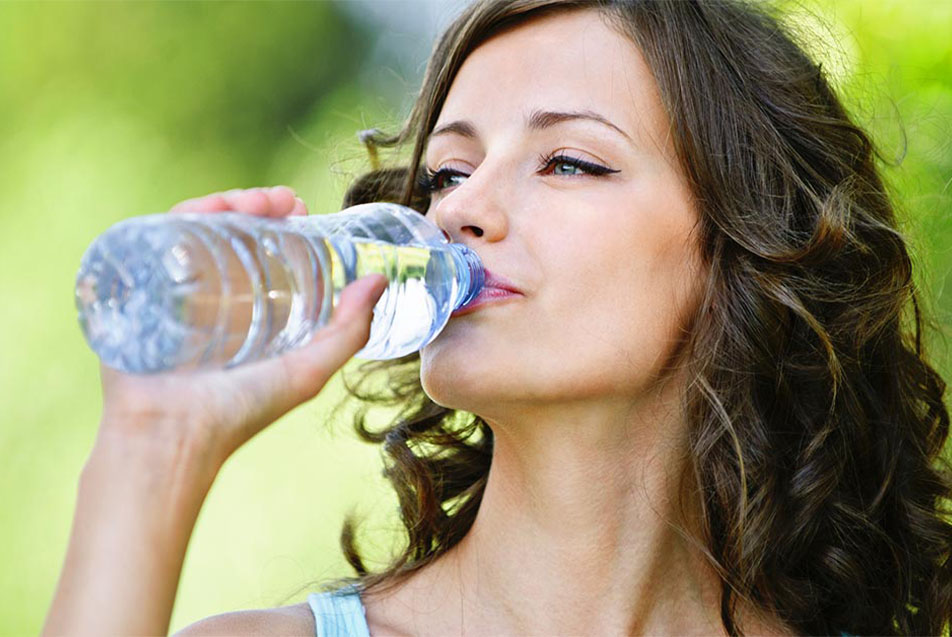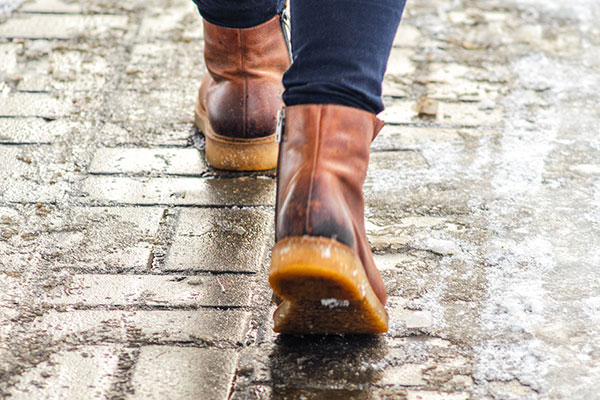
It’s prime training season for runners, cyclists and outdoor adventurers, and while the heart-healthy activity is beneficial for the body, the unforgiving summer sun, humidity and balmy temperatures can pose a threat to these athletes. Troy Hoffer, PT, and Megan Screeton, PTA, Parkview TherapyONE, share important information about one of the most common problems with hitting the pavement during the warmer months: dehydration.
What are the signs of dehydration?
Headache
Thirst
Cramping
Light-headedness
Dry skin
Dark yellow or orange shaded urine
Are athletes the only ones prone to severe dehydration?
Anyone who is exposed to heat and exertion is susceptible to greater risk for dehydration. Often, in our line of work (therapy), we see elderly patients who are experiencing dehydration due to lack of fluid intake.
How can athletes prevent dehydration?
Make sure to drink plenty of fluids before your workout and if you’re going for a long run or bike ride, be sure to take fluids with you. If you are planning to be out for a long workout, try to map out places where you will be able to rest and get shade.
How should cramping be addressed?
If you think the reason you are cramping while exercising is due to dehydration, stop and sip some water. Do not resume exercise until cramping has discontinued.
Are sports drinks or water better for rehydrating?
If you experience severe perspiration when exercising there is most likely an electrolyte imbalance, which would be better resolved with a sports drinks. However, if you’re making the choice based on calories, the overall healthier choice would be water.
Are there certain foods that cause dehydration?
Any drinks that are diuretics – meaning they cause an increase in urination – can contribute to dehydration. Some examples of these are coffee and alcohol. Also, foods that are high in salt should be monitored carefully to avoid dehydration.
If there a simple formula for recommended water consumption?
We have always been taught that one should consume 64 ounces of water every day. Some believe you should drink half your body weight in ounces of water per day. Our best advice is to remember that everyone’s bodies are different and require different amounts of fluids for hydration. Your fluid intake will depend on your overall weight and activity level. When in doubt, listen to your body and/or contact your primary care provider.
What are the risks if dehydration goes untreated?
It can cause severe complications such as low blood pressure, seizures, brain damage or even death.
When should someone seek medical/emergency assistance?
Seek additional treatment if you or someone you know experiences light-headedness or extreme weakness, a severe headache that will not go away, unexpected diarrhea, vomiting, or fever, or unexplained weight loss.



